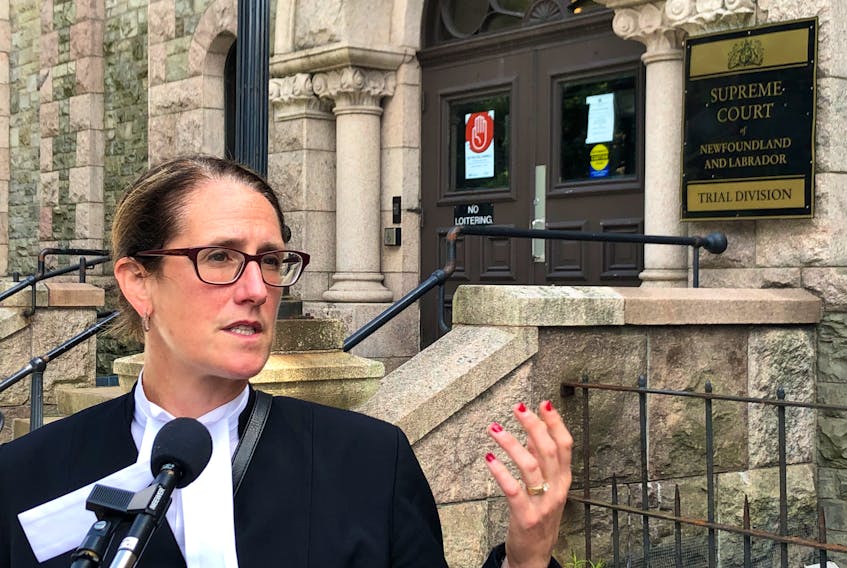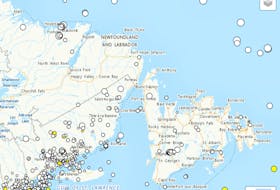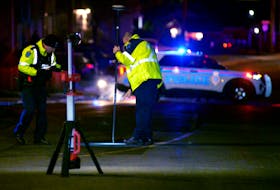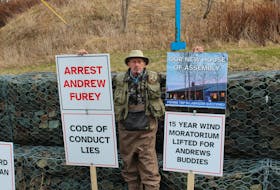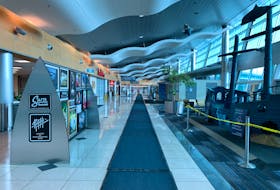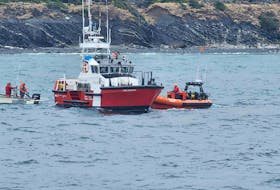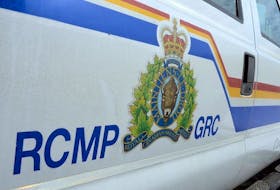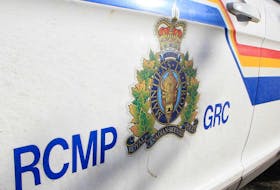ST. JOHN'S, N.L. — As a court challenge of its COVID-19-related travel ban began in court Tuesday, the provincial government and Chief Medical Officer of Health Dr. Janice Fitzgerald opened a written submission to the judge with a dramatic quote from an American founding father.
“In 1775 the American revolutionary Patrick Henry declared, ‘Give me liberty or give me death.’ In this case, if the applicants’ remedy is granted, it will result in both.”

The applicants in the case are Kim Taylor and the Canadian Civil Liberties Association (CCLA), who filed a claim with Newfoundland and Labrador Supreme Court in May, alleging legislation implemented as special measures under the Public Health Protection and Promotion Act is unconstitutional.
The special measures include the travel ban — which bans all but permanent residents, asymptomatic workers and those granted exemptions from entering the province and was expanded last month to include residents of the Maritimes — as well as increased police powers when it comes to search, seizure and detention.
Taylor is a Kilbride native and a resident of Halifax who was denied entry to attend her mother’s funeral in the spring before the travel ban was relaxed to allow residents of the Maritimes to enter. She was granted entry on appeal to the province, 11 days after she was originally refused.
The CCLA is a non-profit organization with the goal of defending constitutional rights and civil liberties in the country.
Together, they are seeking no monetary damages but a declaration that the legislation is unconstitutional, saying it breaches Section 6 of the Canadian Charter of Rights and Freedoms, which protects Canadians’ right to move freely within the country. The CCLA also argues the law extends police power beyond constitutional limits.
“What is the difference, in terms of flattening the curve or slowing the spread, whether you’re a worker from out of the province or you just want to come home? You’re on the same plane. The risks are the same. The virus doesn’t know if you’re exempt.” — Lawyer Rosellen Sullivan
Justice Donald Burrage is set to hear the challenge over the next week, though the merits of the legislation weren’t argued Tuesday. Lawyers took the day to present their arguments on whether or not the CCLA should have legal standing in the case. Lawyers for the province and Fitzgerald say it shouldn’t, since Taylor’s case eliminates the need for the organization’s arguments related to the travel ban.
“Its submissions are simply duplicative,” they wrote in their brief. “The CCLA has not proven a genuine interest in these matters. Being ‘interested in a matter’ is not the same as having a ‘genuine interest’ in the legal sense.”
When it comes to the issue of increased police powers, lawyer Justin Mellor argued the CCLA does not have a stake in the matter since the special measures have not actually been enforced by police, who have consistently said publicly they are taking an education-focused approach instead.

“This provision under the act needs to be dealt with as a whole,” argued CCLA lawyer Rosellen Sullivan, saying the law allows police to conduct warrantless searches and to administer COVID-19 testing. “I don’t think you can wait for a person’s rights to be breached.”
If the association is not granted standing, arguments on those aspects of the legislation won’t be part of the challenge. Burrage will deliver his decision on the CCLA’s standing in the case Wednesday morning.
The province’s lawyers argue in their written submission that the legislation is in the best interest of the people of the province, and the potential consequences of reversing it are serious.
“It is the protection of the health of the Newfoundland and Labrador population and the prevention and mitigation of the effects of a public health emergency, in this case the COVID-19 pandemic,” they wrote.
Sullivan and Drover have said it is self-isolation that has the most impact on the spread of COVID-19, not banning people from the province. The province’s approval of hundreds of travel ban exemption requests has effectively watered down the justification for the ban in the first place, Sullivan said.
“Once you introduce the exemptions, then it is very arbitrary,” she told reporters. “What is the difference, in terms of flattening the curve or slowing the spread, whether you’re a worker from out of the province or you just want to come home? You’re on the same plane. The risks are the same. The virus doesn’t know if you’re exempt.”
A second case, a proposed class-action lawsuit filed in June on behalf of non-residents who own property in this province they cannot access, is also alleging the travel ban is a breach of protected rights.
Twitter: @tara_bradbury

